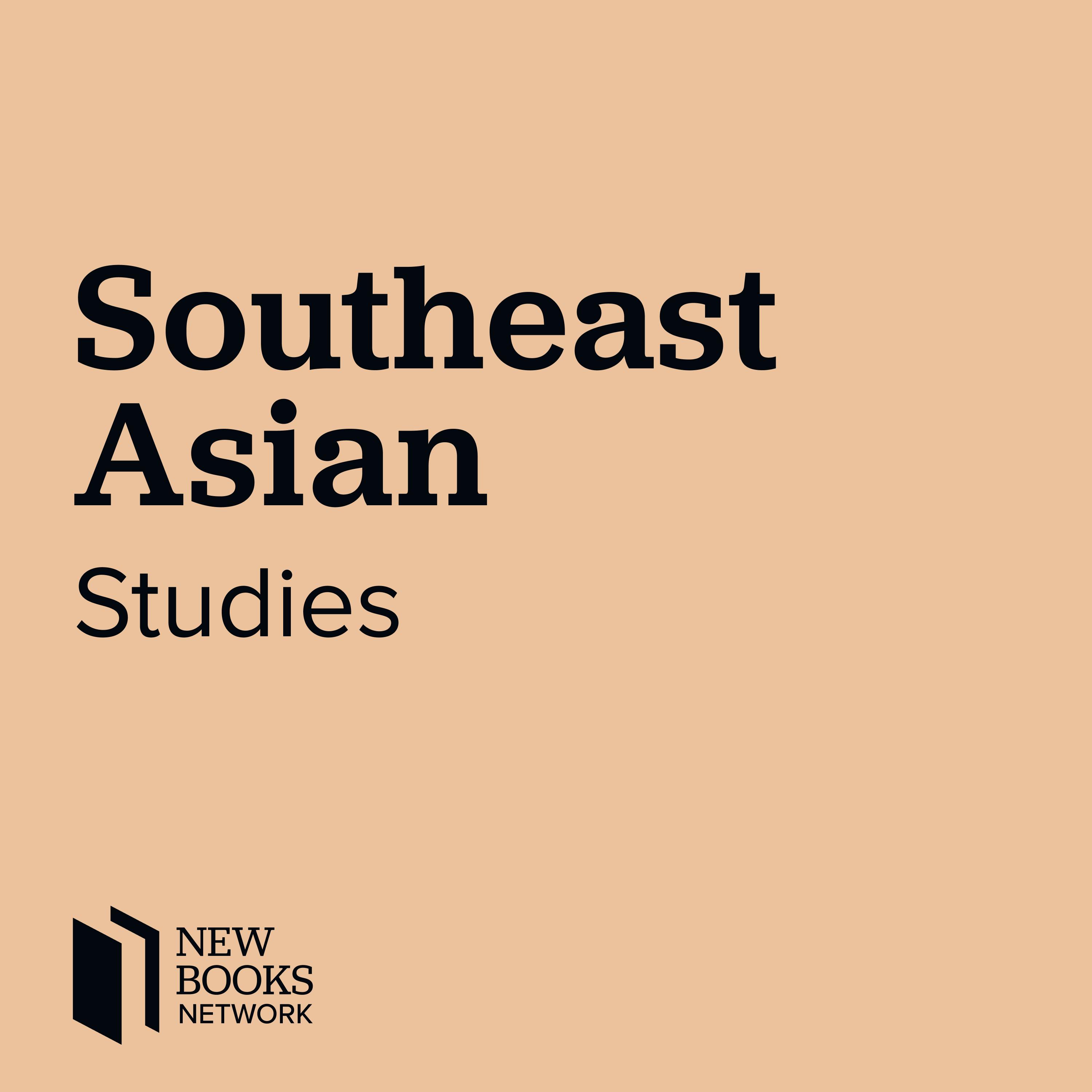Jeremy Yellen, "The Greater East Asia Co-Prosperity Sphere: When Total Empire Met Total War" (Cornell UP, 2019)
Description
Jeremy Yellen’s The Greater East Asia Co-Prosperity Sphere: When Total Empire Met Total War (Cornell University Press, 2019) is a challenging transnational exploration of the Greater East Asia Co-Prosperity Sphere, Japan’s ambitious, confused, and much maligned attempt to create a new bloc order in East and Southeast Asia during World War II. Yellen’s book is welcome both as the first book-length treatment of the Sphere in English and for also being innovative in both approach and analysis. The book is divided into two parts, each addressing one of the “two Pacific Wars,” as Yellen puts it: a “war of empires” and “an anticolonial war… for independence.” The first half of the book treats the Japanese “high policy” of the Sphere. Here, Yellen not only provides—through the Coprosperity Sphere—a provocative new reading of the Tripartite Pact and the imbrication of Japan’s regional and global geopolitical strategies, but also outlines an important timeline of how Japanese conceptualizations of the Sphere evolved with the changing economic, political, and military expediencies of the Pacific War. Though ideas about the Sphere as a regional order of hierarchical solidarity with Japan at its apex, a “grand strategy of opportunism” rooted in the “sphere-of-influence diplomacy” and “cooperative imperialism” of Japan’s bombastic and enigmatic foreign minister, Matsuoka Yōsuke, Yellen shows that plans for the Sphere only became specific and concrete when Japan’s war situation descended into increasing desperation from 1942 on. The second half of the book shifts gears to examine responses to the Sphere in the Philippines and Burma. Yellen shows that for local nationalist elites like Burma’s first prime minister Ba Maw, whether Japanese rhetoric about the creation of more-or-less liberal international order within the Sphere for the top-echelon nations like Burma and the Philippines was genuine or self-serving, “even sham independence brought opportunity.” By focusing on these pragmatic nationalists (“patriotic collaborators”) Yellen contributes to a growing body of literature on empire that refuses to be pigeonholed by binaries of virtuous resistance and traitorous collaboration.
This podcast was recorded as a lecture/dialogue for a live audience at Nagoya University.
Support our show by becoming a premium member! https://newbooksnetwork.supportingcast.fm/southeast-asian-studies
More Episodes
"When the Spanish colonization of the Philippines began in 1565, early reports boasted of mass conversions to Christianity and ever-increasing numbers of people paying tribute to the Spanish crown. This suggests an uncomplicated story of an easy imposition of Spanish sovereignty.
But as...
Published 06/01/24
What does an inclusive society look like? And what are the challenges and opportunities when the society in question, Timor-Leste, is one of the most resource-constrained in Southeast Asia? My guest today is interested in these questions of inclusion and participation, and argues that people with...
Published 05/25/24
Triumph Regained: The Vietnam War, 1965-1968 (Encounter, 2023) is the long-awaited sequel to the immensely influential Triumph Forsaken: The Vietnam War, 1954-1965. Like its predecessor, this book overturns the conventional wisdom using a treasure trove of new sources, many of them from the North...
Published 05/22/24


